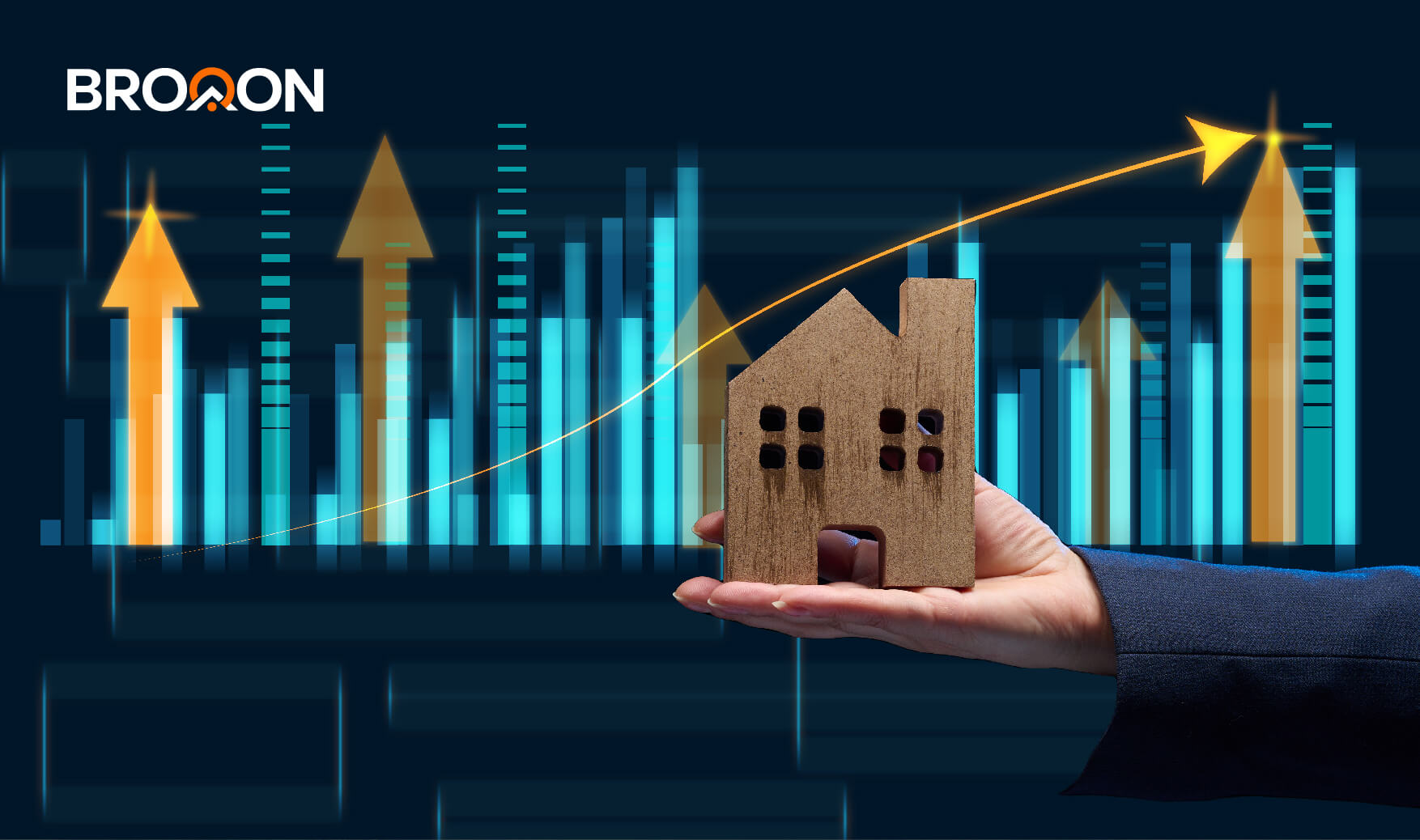Real Estate Agent vs Broker: What’s the difference
How Web3 Technology is Revolutionizing the Real Estate Industry
In today's digital age, technological advancements continue to reshape various industries, and the real estate sector is no exception. The emergence of Web3 technology has brought about transformative changes that are revolutionizing the way real estate operates.
The convergence of blockchain technology and real estate has given rise to Web3, a new paradigm that promotes decentralization, transparency, and enhanced security.
This article delves into the dynamic relationship between Web3 technology and the real estate industry, exploring its applications, benefits, and potential challenges.
Understanding Web3 Technology
Web3, often referred to as the "decentralized web," represents the evolution of the internet from a centralized model to a decentralized one. It emphasizes user ownership, privacy, and data control. Unlike its predecessor, Web2, where tech giants have centralized control, Web3 leverages blockchain to ensure that users have more autonomy and control over their online experiences.
Web3 Applications in Real Estate
Developers are leveraging Web3 technology to create innovative solutions in the real estate sector. NFTs, or non-fungible tokens, are changing the game by representing property ownership digitally, allowing for easier fractional ownership and secure transfers.
Benefits of Web3 in Real Estate
Web3 introduces several advantages for the real estate industry. These include increased transparency, reduced intermediaries, lower transaction costs, and enhanced data security. It opens up opportunities for global investment, making real estate markets more accessible.
Challenges and Considerations
While Web3 holds promise, it also presents challenges such as regulatory uncertainties, technological barriers, and the need for broader adoption. The transition to a decentralized model requires careful planning and collaboration among stakeholders.
NFTs and Property Ownership
NFTs have gained popularity as a means to represent ownership of unique digital assets. In real estate, NFTs can represent property deeds and titles, streamlining the buying and selling process while ensuring authenticity.
Smart Contracts Streamlining Transactions
Smart contracts are self-executing contracts with predefined rules. They automate and facilitate real estate transactions, ensuring that all parties fulfill their obligations, and reducing the need for intermediaries.
Decentralized Property Listings
Web3 enables the creation of decentralized property listing platforms. These platforms provide a secure and transparent way for buyers, sellers, and renters to interact directly, eliminating middlemen and reducing fees.
Enhanced Transparency and Trust
Blockchain's inherent transparency and immutability enhance trust in real estate transactions. All parties can access a secure and tamper-proof record of property ownership, reducing fraud and disputes.
Web3's Impact on Property Valuation
Web3 technology is changing property valuation in India by improving transparency and providing real-time data for more accurate assessments.
Tokenization of Real Estate Assets
Tokenization lets people divide real estate assets into smaller units, making fractional ownership possible. This opens up real estate investment opportunities to a wider range of individuals, democratizing real estate investing.
Liquidity and Fractional Ownership
Web3's fractional ownership model enhances liquidity in the real estate market. Investors can buy and sell property shares without the traditional barriers of full property ownership.
Governance and Consensus Mechanisms
Decentralized governance models powered by Web3 enable stakeholders to participate in decision-making. Consensus mechanisms ensure that participants make decisions transparently and democratically.
Security and Privacy
Web3 prioritizes user privacy through encryption and decentralized identity solutions. Users control their personal data, reducing the risk of data breaches and unauthorized access.
The Future Landscape of Real Estate with Web3
The ongoing integration of Web3 technology is reshaping the real estate industry. As more people adopt it, traditional processes will streamline, and new innovation opportunities will arise.
Conclusion
Web3 technology is ushering in a new era for the real estate industry characterized by transparency, efficiency, and inclusivity. As the technology matures and adoption expands, real estate stakeholders must embrace these changes to remain competitive and relevant.






